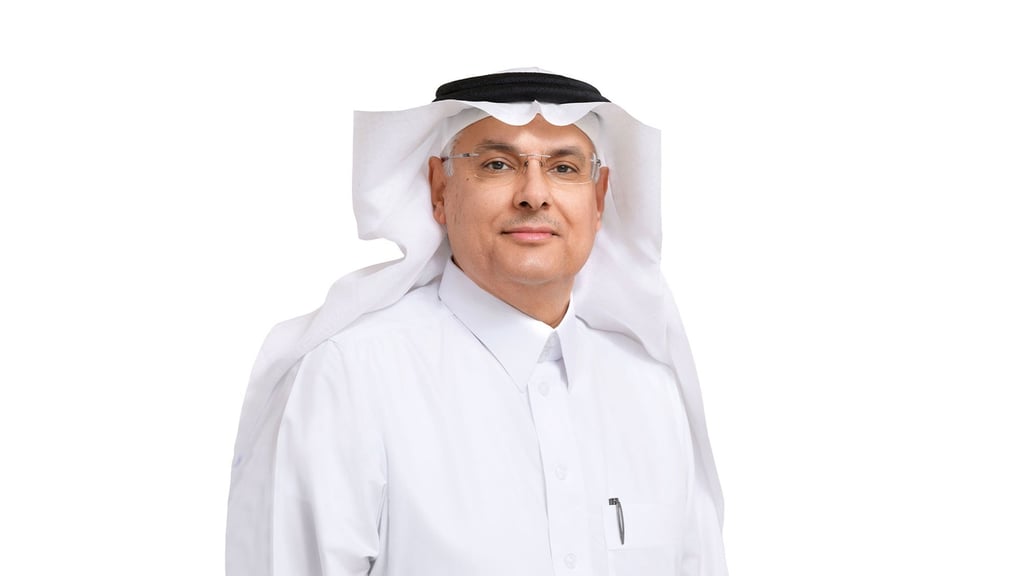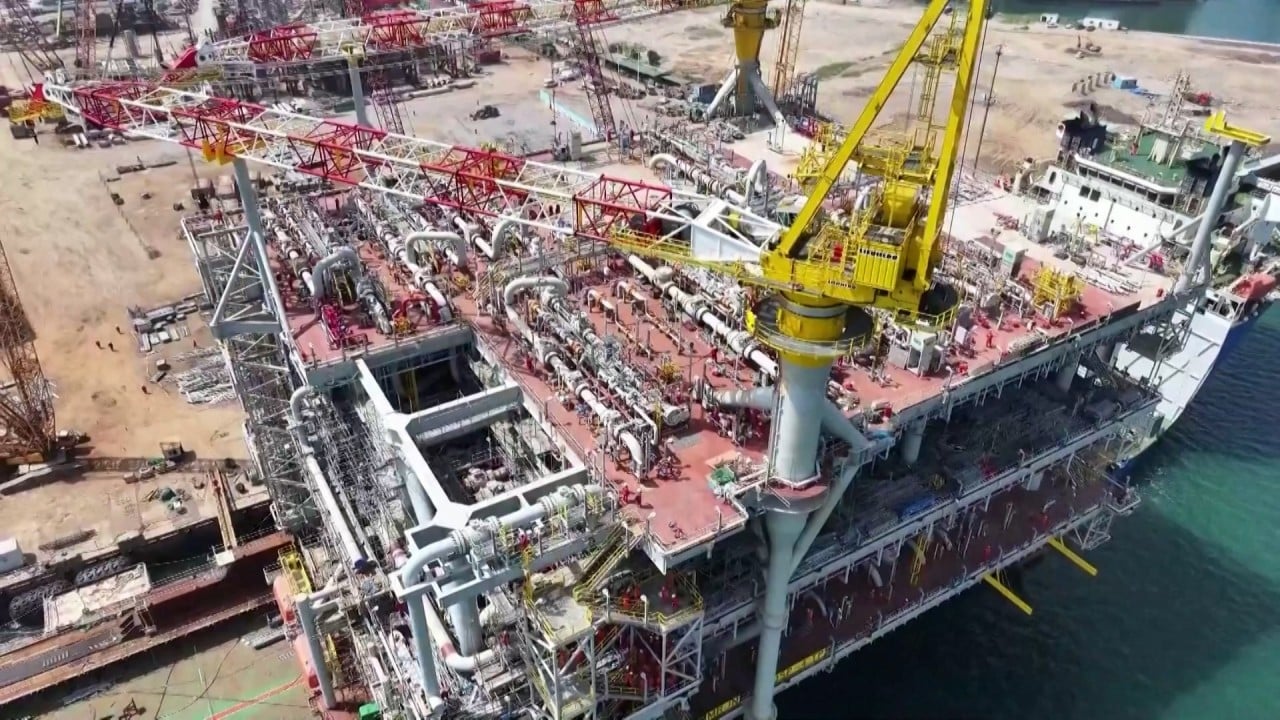Saudi Aramco is looking to bolster ties with China in petrochemicals and low-carbon solutions, as the world’s largest oil and gas company seeks to diversify its business and support the net-zero goal of the world’s largest greenhouse gas emitter.
“Our relationship with China has grown far beyond crude oil sales to develop into a more extensive, diversified and strategic bilateral collaboration,” Mohammed Al Qahtani, the downstream president of Aramco, said in an emailed interview with the Post.
“While we aim to continue supporting China’s long-term energy security, we are also keen to find win-win opportunities to build a world-leading, integrated downstream sector in China, with special emphasis on high conversion of liquids directly into chemicals.”
The Saudi state-run oil giant will pour more investments in China in integrated downstream projects spanning oil supply, refining, chemicals and lubricants, as it aims to become a global leader in liquids-to-chemicals and a resilient and reliable supplier of lower-carbon intensity oils, Qahtani said.

China is Saudi Aramco’s biggest customer, buying about 90 million tons of crude oil per day, according to the Dhahran-headquartered company.
Under the United Nations’ Paris Agreement goal of limiting average global warming to 1.5 degrees Celsius, China has set a goal of peaking carbon emissions by the end of this decade and reaching net-zero emissions by 2060, the same year it aims to reduce fossil fuel use to below 20 per cent. Aramco has also announced its goal to achieve net-zero emissions by 2050.
Betting on China’s clean energy push, Aramco sees increasing demand for petrochemical materials, such as plastics, which are required for making solar panels and batteries, CEO Amin Nasser said during the post-earnings call last week.
Aramco is also looking for opportunities to jointly develop advanced emission reduction technologies and invest in downstream projects to help meet China’s carbon-neutral needs, including heavy transport, alternative technologies and solutions, as well as carbon capture and storage, Qahtani said.
In 2022, Aramco and the China Building Materials Academy announced the launch of Nexcel, an innovation centre, to advance the use of nonmetallic materials in the building and construction sector.
Nexcel undertakes research to develop environmentally friendly materials to complement the more carbon intensive conventional materials, especially in construction, according to Aramco. The materials developed at the centre have been used in roads, buildings and other infrastructure.
“We are actively exploring opportunities to collaborate with Chinese partners to jointly develop potential greenhouse gas emission reduction technologies,” said Qahtani.
“Our investments in China significantly expand our downstream presence and also support our expansion into liquids-to-chemicals. They enable us to help create new pathways for growth by working with a country driving the increased integration of refining and petrochemical processes.”


